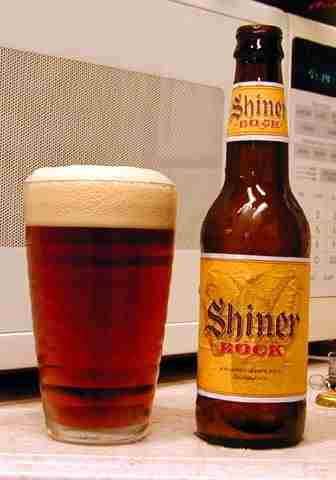- Joined
- Dec 28, 2008
- Messages
- 14
- Reaction score
- 0
I'm a first year med student. I decided to go pre-med kind of outta the blue midway through college, and all that really ever interested me was surgery. The technical challenge and being able to provide such definitive treatment made it seem it seem like the ultimate shining path to glory and a worthy life-long commitment.
Now that I've started med school and have begun studying like never before (that is, A LOT), I feel like I've developed a more realistic appreciation of what a 60-70hr work week actually entails and frankly am having doubts about whether I could hack that for the rest of my career. I've also been getting pretty pissed off in the anatomy lab during dissections and don't know if I'd even have the right temperament for surgery.
So the question is: what is the lifestyle of the emergency physician like? I know it's shift work, but can that mean working three 12 hour shifts a week? I mean, that just sounds incredible. Working as a tech I've had plenty of ED exposure and really enjoyed the work environment. I like the fast pace, the pressure, the collaborative interaction, the short amount of time you spend with patients and the large volume of patients you see in a shift. And I think the more time I have to myself and to pursue my other interests, the more happy I'll be on the job and in general. There are so many things I'm interested in and I just think I might regret selling my soul to an excessively time-consuming specialty (despite not too long ago thinking the exact opposite, haha). I just want to make sure I'll be able to practice medicine while still having time for my own life, hobbies, family, etc.
So out of all the lifestyle-friendly specialties, emergency medicine just seems like the most fun/rewarding/suited for my personality. So what kind of scheduling options are there to further entice me? Is it possible to be full time by doing three twelve hour turns a week? And do those who do that still make ~200k? How does vacation time work (i.e. how much uninterrupted time off can you get)? How does on-call scheduling work? Do you have to be on call?
Thank you to whoever pitches in!
Now that I've started med school and have begun studying like never before (that is, A LOT), I feel like I've developed a more realistic appreciation of what a 60-70hr work week actually entails and frankly am having doubts about whether I could hack that for the rest of my career. I've also been getting pretty pissed off in the anatomy lab during dissections and don't know if I'd even have the right temperament for surgery.
So the question is: what is the lifestyle of the emergency physician like? I know it's shift work, but can that mean working three 12 hour shifts a week? I mean, that just sounds incredible. Working as a tech I've had plenty of ED exposure and really enjoyed the work environment. I like the fast pace, the pressure, the collaborative interaction, the short amount of time you spend with patients and the large volume of patients you see in a shift. And I think the more time I have to myself and to pursue my other interests, the more happy I'll be on the job and in general. There are so many things I'm interested in and I just think I might regret selling my soul to an excessively time-consuming specialty (despite not too long ago thinking the exact opposite, haha). I just want to make sure I'll be able to practice medicine while still having time for my own life, hobbies, family, etc.
So out of all the lifestyle-friendly specialties, emergency medicine just seems like the most fun/rewarding/suited for my personality. So what kind of scheduling options are there to further entice me? Is it possible to be full time by doing three twelve hour turns a week? And do those who do that still make ~200k? How does vacation time work (i.e. how much uninterrupted time off can you get)? How does on-call scheduling work? Do you have to be on call?
Thank you to whoever pitches in!


